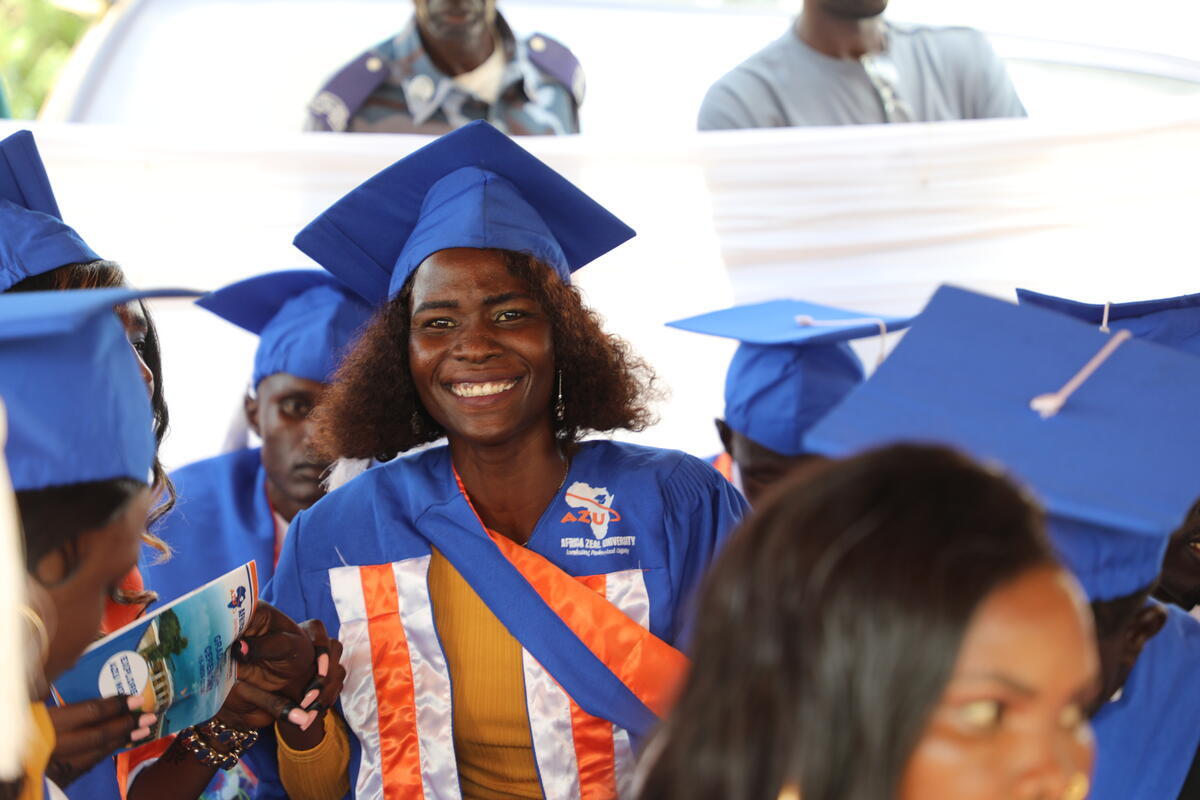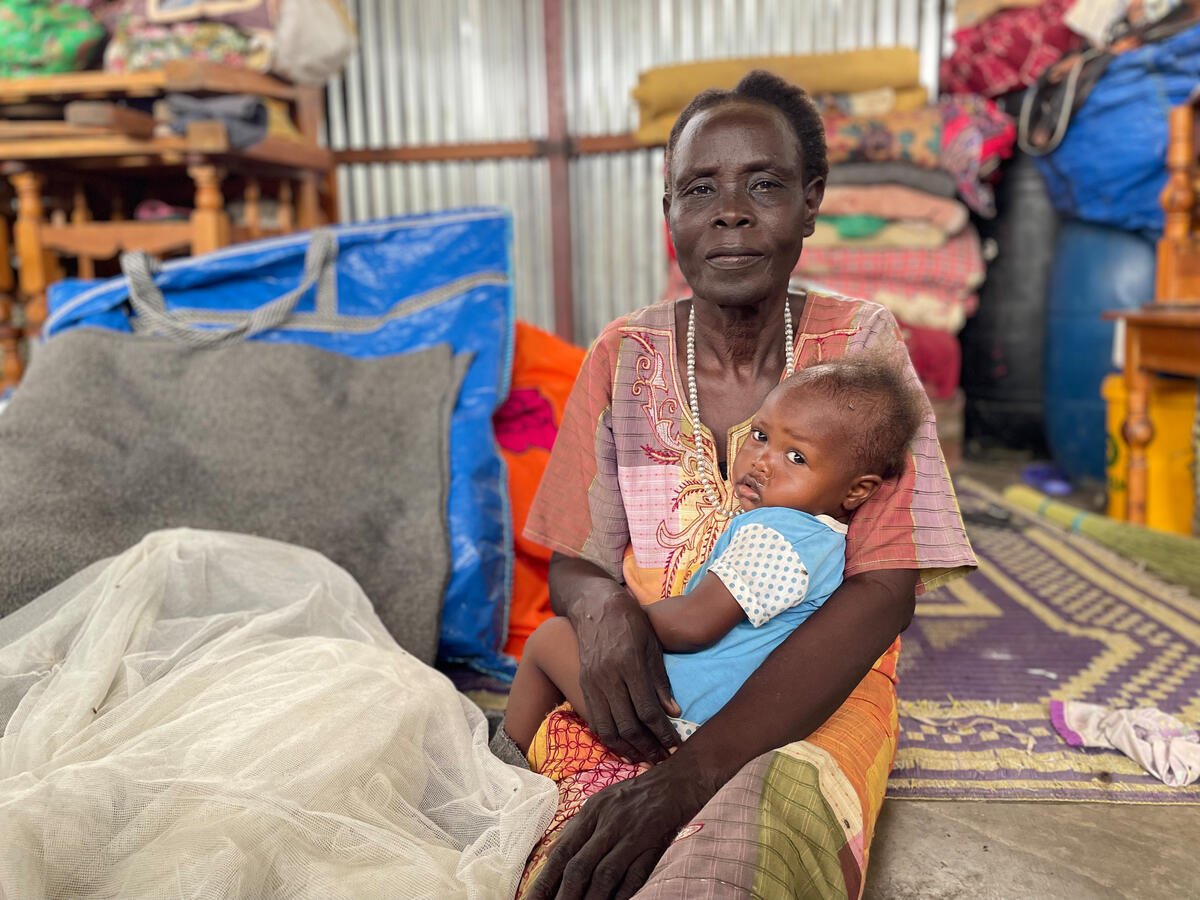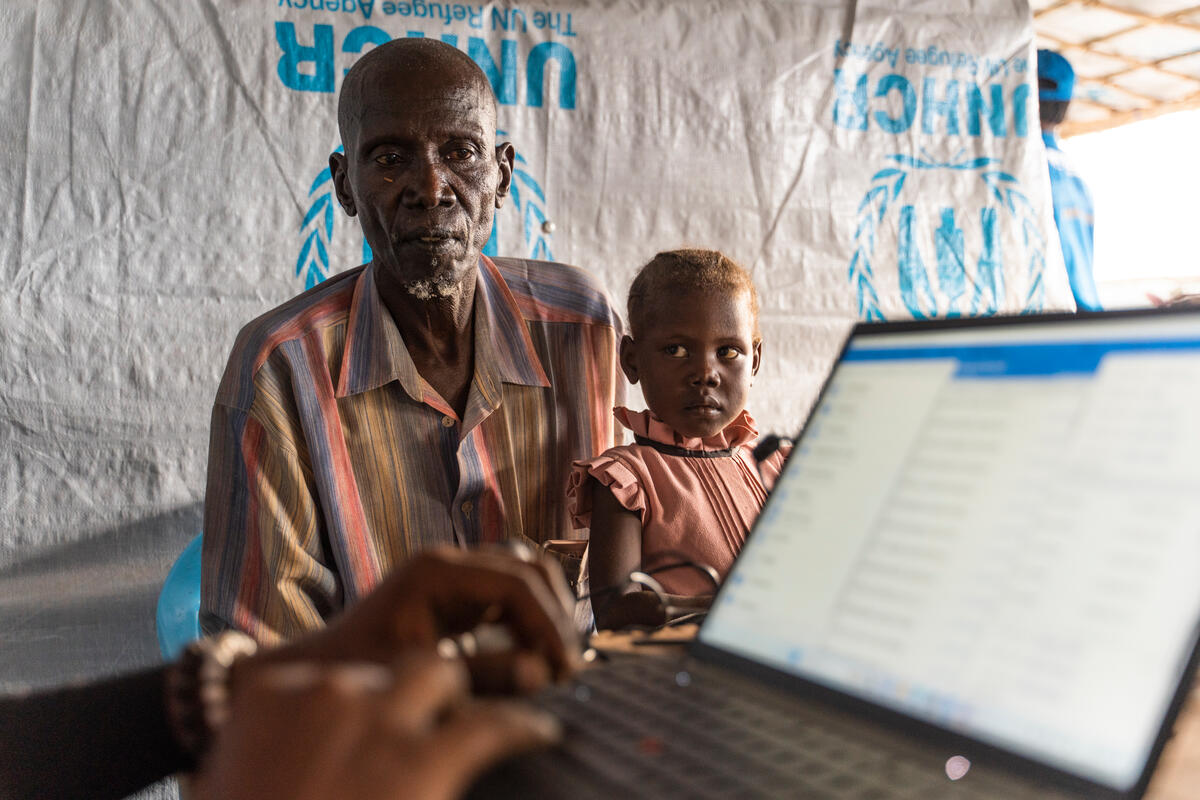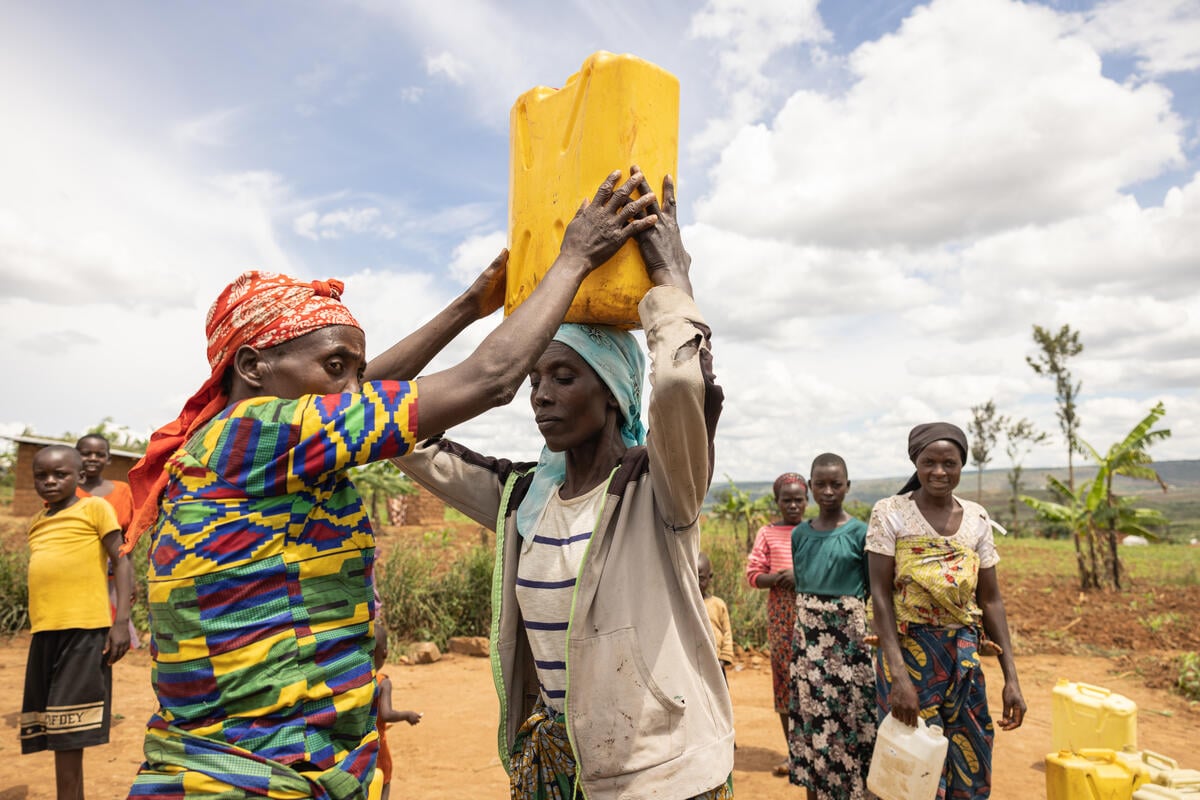South Sudanese war widows see business opportunity in exile
It is 8:30 on a Thursday morning and Chorty Tabo busies herself, transforming a rundown shack into a hairdresser’s salon.
Her baby boy strapped to her back, she sweeps a two-metre-square patch of dirt floor, then hangs a white UNHCR plastic sheet over the mud-brick walls and finally, she rolls out a bamboo mat on the ground.
As basic as the makeshift salon may look, the business gives hope to Chorty and her friends - a group of war widows and single mothers who have fled South Sudan’s widening civil war. It helps them avoid risks, such as sliding into prostitution, to be able to feed their children.
“We fled South Sudan alone, everyone on their own. We are without husbands,” says Esther Manduku, 40, a co-founder of the hairdressers’ association which so far has 14 members. She has lost track of her husband since she fled a deadly attack on her town 10 months earlier. “I don’t know whether he is alive or dead,” she says.
The women arrived with hardly any belongings at Meri Refugee Site in the poor, rural Haut-Uélé province in north-eastern Democratic Republic of the Congo. They were alone with their hungry children.
An hour after Chorty has opened the salon for business, she is tending to the first customer sitting on the bamboo mat. Chorty’s son, six-month-old Simon, is in the arms of her colleague, Alice.
“It helps me to get some money, so I can get my child treated when he’s sick.”
The women earn between 500 and 1,000 Congolese francs (40 to 80 US cents) per customer.
“It helps me to get some money, so I can get my child treated when he’s sick,” says Chorty, 25. “We do this to survive. But sometimes, I do not even earn enough to buy soap.”
She displays the equipment used by the women. A piece of a mirror, a set of wooden hairpins, razor blades and a small pair of scissors: more equipment and a bigger shop would help them, she explains.
UNHCR, the UN Refugee Agency, supports such self-help initiatives among the refugees. Some 90 refugees and local residents at Meri site have benefited so far and set up businesses in flour milling, hairdressing, baking and dressmaking. Another 1,400 families have received support from UNHCR and the UN Food and Agriculture Organization to farm. The Meri site hosts more than 30,000 refugees, many of them widows and single mothers.
Esther, Chorty and the other women in their association need such support, like hundreds of others at Meri. Funding for self-help initiatives is in short supply in a place where many refugees do not even receive basic household items and shelter materials.
“We want to build on the abilities of people and allow them to live a dignified life.”
“Many of the refugees have the potential to cater for themselves,” says Ann Encontre, UNHCR’s regional representative, calling for more support for UNHCR’s self-reliance activities. “We want to build on the abilities of people and allow them to live a dignified life.”
Esther sees the benefits from setting up a business: “It is very important to have an association between women. If you are without income, this can lead you to do bad things. There are many women who have nothing. They go to bars, waiting for men who support them. Without an income, you can get into prostitution.”
“If we see that someone is struggling to cope, we counsel them. They are now my family, we get along together so well.”
Besides the financial advantages, the women give each other moral support, she adds. “If we see that someone is struggling to cope, we counsel them. They are now my family, we get along together so well. When someone talks, you listen. When you talk, the others listen.”
Esther says the group has worked well so far and she has plans for the future. “For two months now, we have been well organized and established. And we have already grown. We would like to extend this shop, we want to have a door and a roof. If all works well, we’ll see what else we can do. Our dream is to build a space for the kids, a nursery school for the entire community.”














